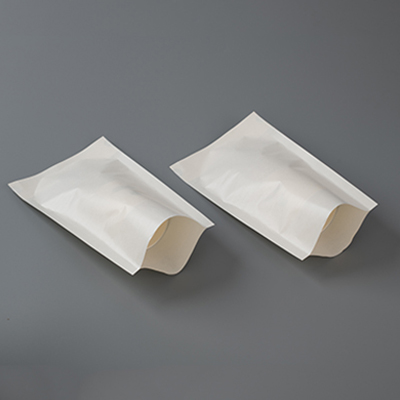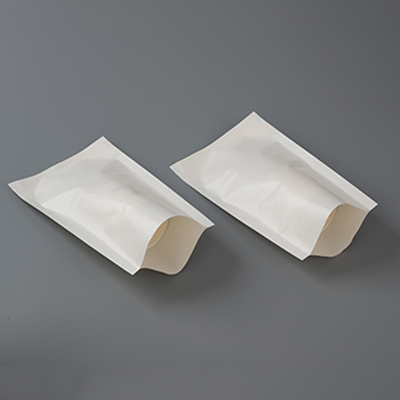
Paper heat seal bags are generally recyclable, but their recyclability can depend on a few factors such as the specific materials used in the bag is construction and the recycling facilities available in your area.Many paper heat seal bags are designed to be eco-friendly and recyclable. They are often made from a combination of paper and a thin layer of heat-sealable material, such as a biodegradable polymer or compostable film. This design allows the bags to be heat-sealed for packaging while maintaining the recyclability of the paper component.To ensure proper recycling, it's important to follow a few steps:
1. Check the Materials: Before recycling paper heat seal bags, make sure to check the packaging or contact the manufacturer to confirm the materials used. Bags that are labeled as "recyclable," "compostable," or made from sustainable materials are more likely to be suitable for recycling.
2. Clean and Empty: Ensure that the bags are clean and empty before recycling. Remove any food residues or contaminants, as these can interfere with the recycling process.
3. Separate Components: If the bag has multiple components (paper and a heat-sealable layer), try to separate them if possible. This can help improve the recyclability of each component.
4. Recycling Guidelines: Follow your local recycling guidelines. Some areas have specific rules for recycling certain types of paper packaging. If your recycling program accepts paper bags, paper heat seal bags with the appropriate materials are likely to be accepted as well.
5. Composting: If the paper heat seal bags are labeled as compostable, they may also be suitable for composting in facilities that accept compostable materials.

It's worth noting that recycling facilities and guidelines can vary from one location to another. While paper heat seal bags are designed to be more environmentally friendly than traditional plastic packaging, it's always a good idea to check with your local recycling center or waste management authorities to ensure that these bags are accepted in your recycling program.